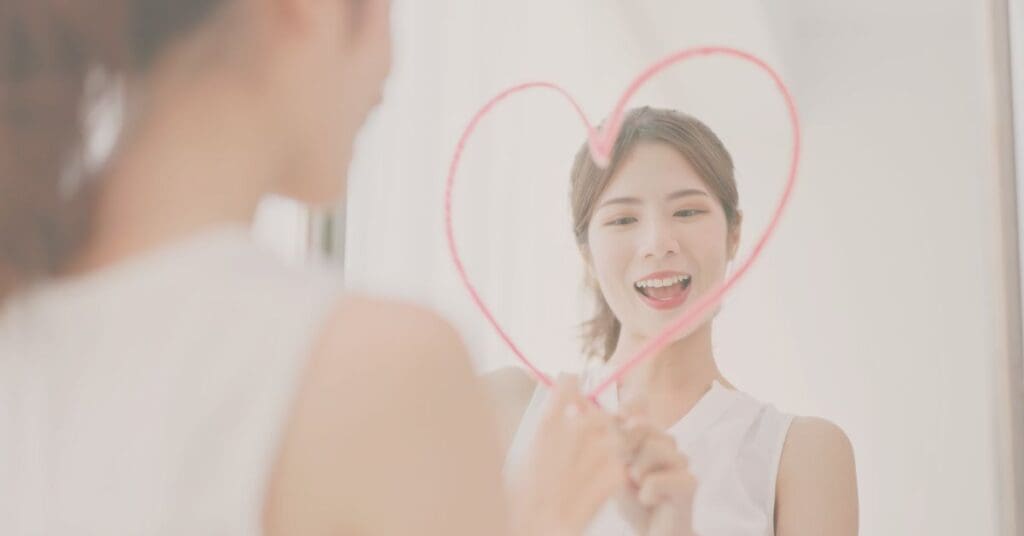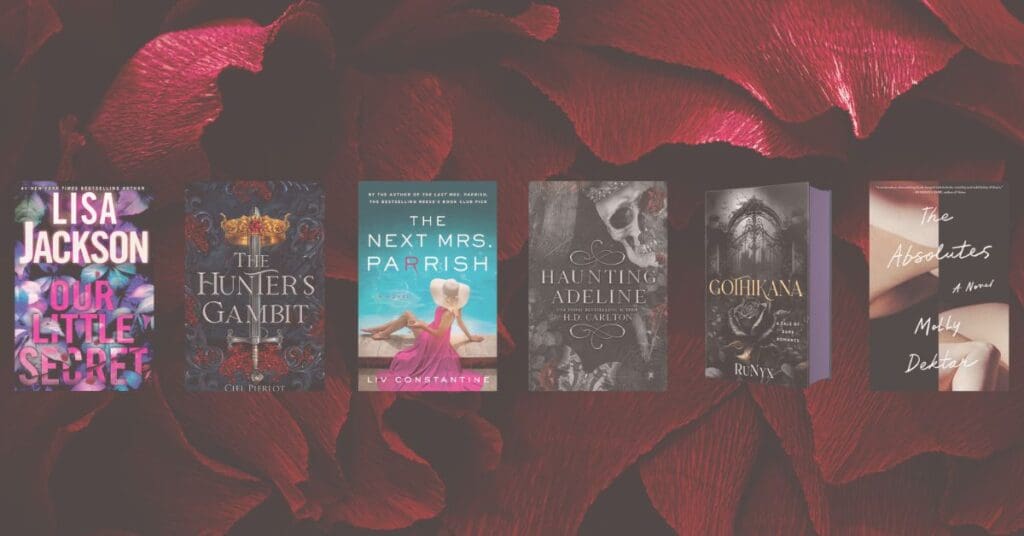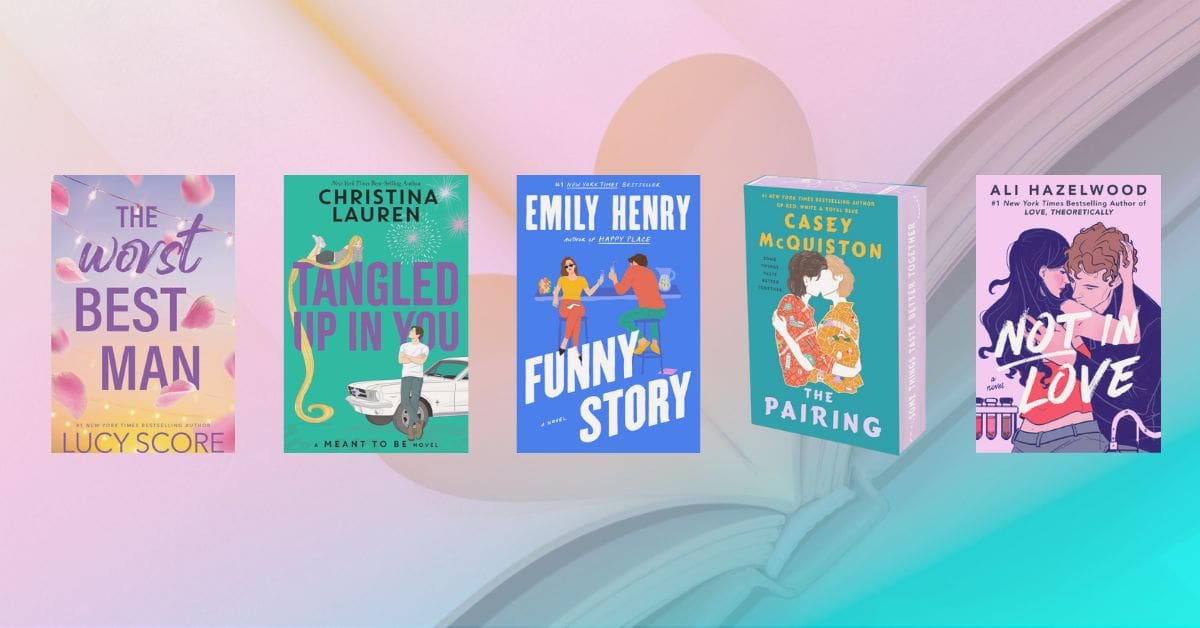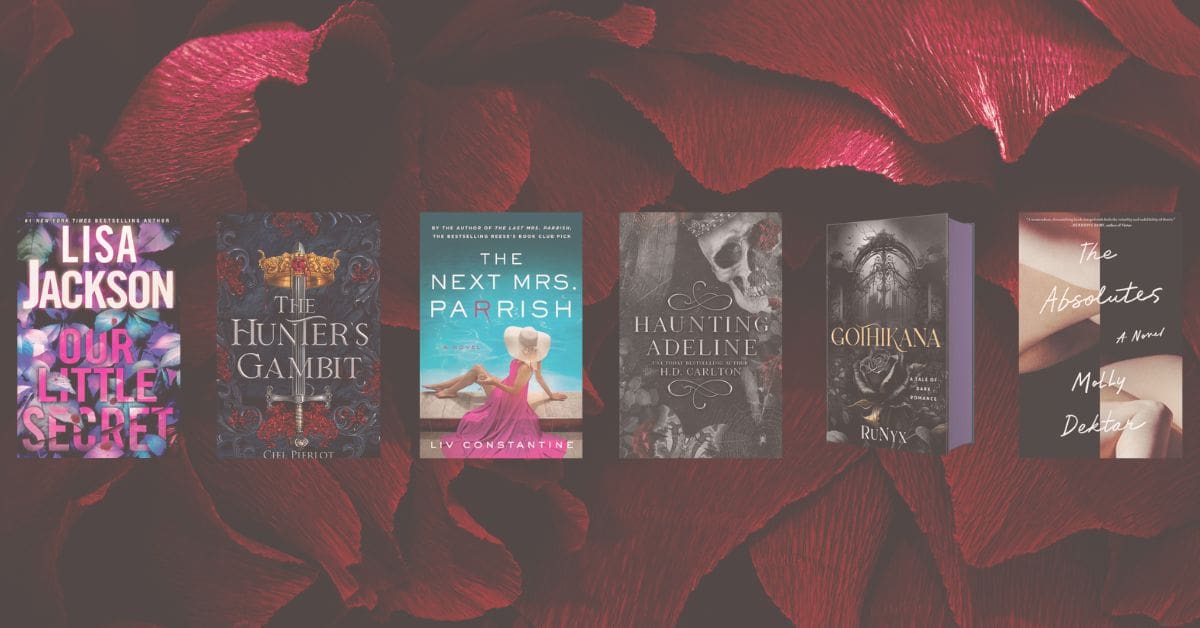Our Poetry Editor is sick of these rules stifling poets, their creativity, and their voices.
I learned a few important things about authenticity and finding your poetic voice from having received a Master’s degree in Creative Writing (with Poetry as my concentration). And although I still maintain that it wasn’t the right choice for me (for a variety of reasons, including — you know — massive debt), I am grateful for a lot of the insights I’ve gained.
One key thing I took away from my graduate school experience was that staying true to your own voice is important. Crucial, even. Especially when MFA programs can seem like they’re in the business of pumping out homogenized voices.
In my class, everyone came in fresh with their own personal style, voice, mood, and tone. And I really loved that. While there could have been more diversity in the kinds of people accepted into the program, I still saw a wide array of poetics: the baroque (ahem, me!), the minimalist, the confessional, the experimental.
I valued seeing works that range from short and odd and emotionally confusing to longer and more narrative, with a takeaway at the end (and everything in between). Some poets wrote about boats, some about love, some about ancestry. Some wrote about voids, hunger, the liminality of illness. Eventually, you could see some — but far from all — poets writing to “fit” the poem style du jour, as they say.
One day I brought in a poem about God. I’ll never forget this day because the professor told me after class to maybe stay away from concepts of God in my work.
“It’s a big topic,” he said. “It’s hard to write about in a way that is truly compelling.” I found this advice startling — not only because it seemed utterly reductive, but because no good professor should tell a student to not do something they feel compelled to do.
After all, I thought, God is an experience that differs from person to person. How could “it” be hard to write about when “it” is so many different things to so many different people? And why would I follow a rule that limited my own work? Why should we follow any rules at all?
Here are the rules that I think — as a poet, as editor of a magazine, and as someone teaches poetry — we should all immediately disregard:
Break this rule: “Don’t write about the ‘big’ concepts, because they’ve been done before.”
Remember how I said you shouldn’t ever let the voice of doubt or not-good-enough-ness get in the way of your craft?
Don’t let anyone tell you that God, nature, love, or death are off the table — that they’ve already been done, that they’re “boring” topics, or that they’re too hard to write about. The poet’s power is to bring themselves into the piece. Each individual lens will yield something new and beautiful about God or nature or love or death.
When I write about God, I write about the sea. I write about my body as part of something bigger. I write about the vulnerability nature. You might write about God as omnipotence or judge or purity. That’s why it’s so important to explore themes that may seem oversaturated. Let your language do the work of making the poem bigger and more important than any one theme or subject.
Break this rule: Your poem should look like everyone else’s.
We all know what most poems look like, especially classic forms of poetry, like the couplet. The truth is, a poem can be shaped like anything, it definitely doesn’t have to rhyme, and its lineation (an arrangement or group of lines) can break the boundaries of what you thought line breaks should do.
Some poets use tiny, staccato lines. Others write in long lines. Other poets utilize line breaks you’d never expect, making double-meaning from the line itself. Some poets go easy on the line breaks, making them clear and easy and expected. Some use wide indentations to create lots of white space (something I do to give the lines room to breath when read and spoken aloud).
The point is, lineation is very important. But not as important as making it your own. Reads lots of poetry. Look at how other poets format their poems and break their lines. Then create your own style; it can (and likely will) differ poem to poem. Break any alleged rules. Let your poetry sing.
According to Poetry Foundation,
The line can be difficult to talk about because it doesn’t operate independently of other poetic elements, as sense, syntax, sound, and rhythm can. Instead, it is a modifier or an amplifier of sense, syntax, sound, and rhythm—which is precisely why an exploration of line can so illuminate poetry as a whole.
Break this rule: “Your poem should make sense.”
There was one person in our poetry workshop would say, “I don’t get what you’re trying to say,” it really bugged me (and lot of others). Poets aren’t writing novelists, okay? We don’t need to tell a clear, linear story. We don’t need over-explain everything.
The magic of poetry is that your poem can move from universe to universe via its lines. You can write a poem entirely based on mood, rather than story. You don’t need to end your poem with a neat little bow — let your readers work! I promise that they can understand. And if they don’t, you’ve created a beautiful little mystery that can chip away at.
As Johannes Göransson writes in Poetry Foundation,
Not all poems prioritize everyday language. Some poems value arguments and narrative above the experience of language. Sometimes poems have mystical meanings….. Poems can be gorgeous precisely in their riddle-like mystery. I think about the famous “Ann Jäderlund Debates” that raged in Sweden in the late-80s, wherein Jäderlund was precisely accused of writing riddles that “flirted” without really revealing herself. But Jäderlund went on to become perhaps the most important, influential Swedish poet alive because her riddle-like necropastorals proved irresistibly mysterious.
Break this rule: Write what seems popular. Get likes.
Let me back up here: What I mean by this isn’t exactly that you shouldn’t post your poems to Instagram or that validation is bad. What I mean is that you should write poems for you — because you want to. Because you’re driven to write them. Because they are made of you.
Don’t write poems that are similar to those you see already. Don’t write what you think will get you likes. The best writing is authentic, and even though it might be tempting to replicate styles, this usually yields temporary applause. Basically, trends are generally unsustainable, if not cringe-worthy.
While there may be people who disagree, I think writing for your audience first, or for digital validation, will never lead to a sense of true connection to your own language.
I say this because early on in my career as a writer, I very much felt the pressure (perhaps self-created) to homogenize, to write in a similar style to my peers who were being published. It made me frustrated, left me feeling empty, and screwed up my idea of my voice. I chucked that desire quickly — and wrote my work my own way. I hope you will, too.
In the end, break the rules. Break your own rules. Then break them again. This process is called evolution, and it is good for poetry and good for the human writing it.













